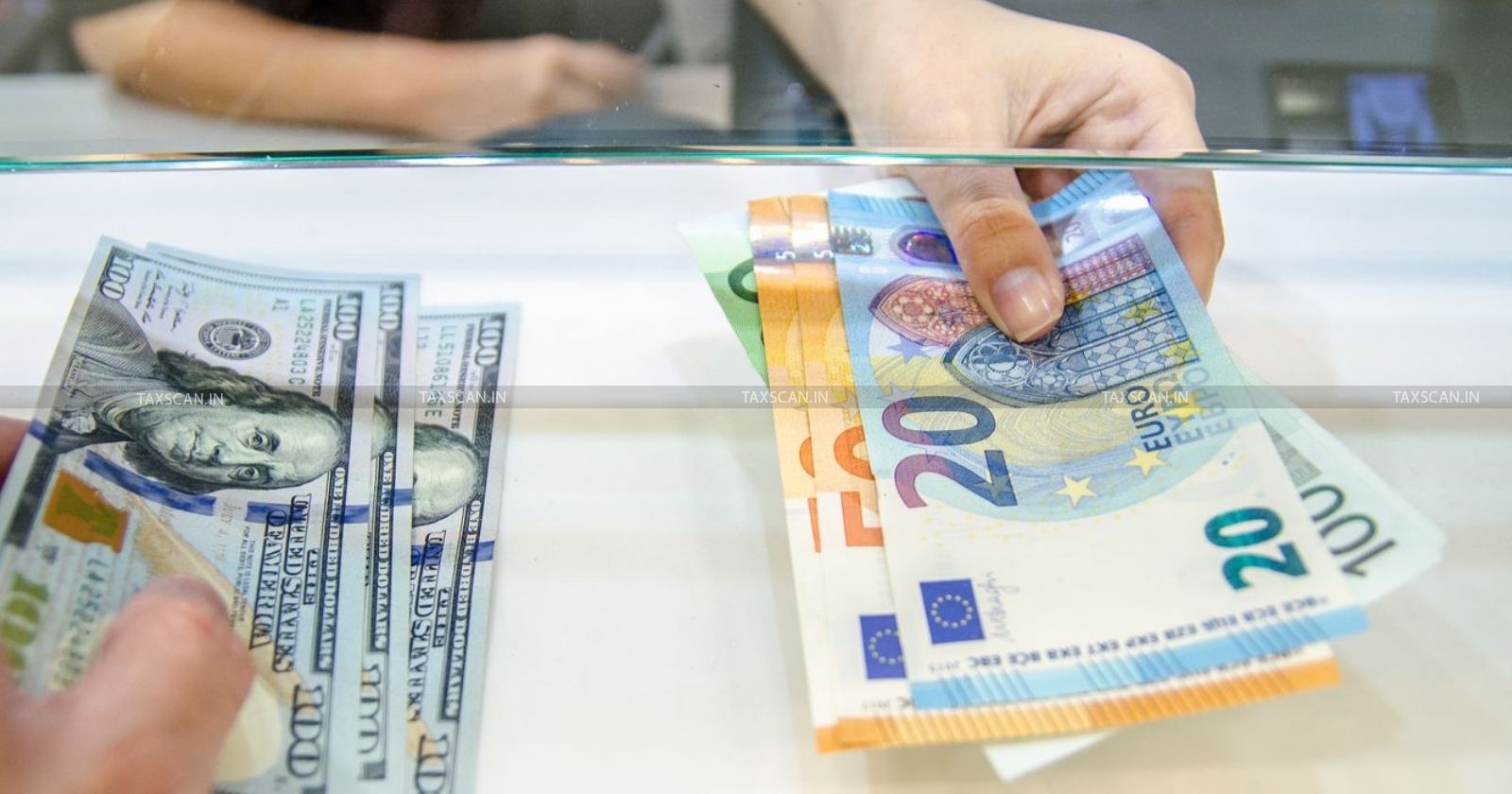Mere Claim of Higher Gratuity Exemption Claim through Revised ITR Does Not Amount to Misreporting: ITAT deletes Penalty [Read Order]
Mere claim of higher gratuity exemption in a revised return, based on a bona fide belief, does not amount to misreporting of income under Section 270A(9). The penalty levied by the Assessing Officer is unsustainable
![Mere Claim of Higher Gratuity Exemption Claim through Revised ITR Does Not Amount to Misreporting: ITAT deletes Penalty [Read Order] Mere Claim of Higher Gratuity Exemption Claim through Revised ITR Does Not Amount to Misreporting: ITAT deletes Penalty [Read Order]](https://images.taxscan.in/h-upload/2025/10/11/2095645-gratuity-exemption-claim-itr-itat-penalty-taxscan.webp)
The Cochin Bench of the Income Tax Appellate Tribunal (ITAT) held that a mere claim of higher exemption on gratuity through a revised return does not constitute “misreporting of income” under Section 270A of the Income Tax Act, 1961.
The assessee, Chundayil Kalam Girijadevi (Deceased), represented by Legal Heir Shri Gopalakrishnan K. a retired employee of the Kerala State Finance Corporation, filed her return of income for AY 2018-19 claiming an exemption of ₹10 lakh under Section 10(10) of the Act in respect of gratuity received on retirement.
Stay Ahead with Expert Tax Insights – 2025 Edition
Subsequently, she filed a revised return claiming a higher exemption of ₹20 lakh, relying on the Government of India Notification S.O. 1420(E) dated 29.03.2018, which increased the gratuity exemption limit.
During scrutiny, the Assessing Officer observed that the enhanced exemption limit was applicable only to employees retiring on or after 29.03.2018, whereas the assessee had retired earlier during FY 2017-18. Consequently, the AO restricted the exemption to ₹10 lakh, treated the balance as taxable, and levied penalty under Section 270A(1) r.w.s. 270A(9), alleging misreporting of income. The penalty was computed at ₹2.20 lakh.
The CIT(A), NFAC confirmed the penalty, holding that the assessee had not shown reasonable cause for claiming the enhanced exemption.
The assessee contended that the claim for a higher exemption of ₹20 lakh on gratuity was made bona fide, relying on the government notification that was available at the time of filing the revised return.
It was argued that there was no concealment or misrepresentation of facts, as all relevant particulars regarding the gratuity received and the basis for the exemption claim were fully disclosed in the return of income.
The assessee stated that upon being informed during the assessment proceedings that the enhanced exemption limit was inapplicable, she accepted the Assessing Officer’s view, promptly paid the resultant tax, and did not prefer any appeal against the assessment order.
It was further submitted that the case, at best, constituted a matter of underreporting of income, not misreporting, and hence qualified for immunity under Section 270AA of the Income Tax Act, 1961.
 Also Read:Foreign Exchange Loss on Outstanding Import Liabilities Allowed Considering Mercantile Accounting Method Followed: ITAT Deletes Addition [Read Order]
Also Read:Foreign Exchange Loss on Outstanding Import Liabilities Allowed Considering Mercantile Accounting Method Followed: ITAT Deletes Addition [Read Order]
The Departmental Representative, on the other hand, contended that the assessee’s claim for a higher exemption limit of ₹20 lakh on gratuity was clearly contrary to the law prevailing at the time of her retirement, as the enhanced limit was applicable only to employees retiring on or after 29 March 2018.
It was argued that by claiming a higher exemption through a revised return, the assessee had made an excessive and untenable claim, thereby justifying the levy of penalty under Section 270A of the Income Tax Act, 1961.
The Department further maintained that immunity under Section 270AA could not be extended to the assessee, since such protection is not available in cases involving misreporting of income, a finding that, according to the Department, had already been clearly established and upheld in the order of the CIT(A).
The bench of Rahul Chaudhary (Judicial Member) and Inturi Rama Rao (Accountant Member) held that a mere claim of higher gratuity exemption in a revised return, based on a bona fide belief, does not amount to misreporting of income under Section 270A(9). The penalty levied by the Assessing Officer is unsustainable.
Accordingly, the ITAT deleted the penalty of ₹2.20 lakh imposed under Section 270A(1) r.w.s. 270A(9) and allowed the appeal in favour of the assessee.
Support our journalism by subscribing to Taxscan premium. Follow us on Telegram for quick updates


